Gender equality, child well being and shared residence in Spain
$0.00
In the last few years there has been a significant growth of divorce cases involving shared residence in Spain where they have shifted from 9.6 percent of divorces with children in 2007 to 24.6 percent in 2015. Recent developments show that the debate on shared residence is shifting from benefits gained by parents from the perspective of gender equality to the questions related to the quality of care and to the consequent outcomes for children in terms of their well-being. The development of shared residence reveals an increasing centrality of children’s well-being, rights and interests. Furthermore, it is in line with the growth of family diversity and closely corresponds with the movement in favor of father involvement with the care of children. One of the unsettled issues of research agenda is to investigate the extent to which and under which conditions the growth of shared residence makes a positive contribution to the well-being of children.
This paper has a two-fold objective: (1) to explore the factors that are contributing to the growth of shared residence in Spain and (2) to examine child well-being levels in different types of postdivorce families with a particular focus on shared residence. Our analyses draw on two different databases, i.e. the Spanish Statistics of Annulments, Separations and Divorces (2007-2015) and Health Behavior in School-aged Children (HBSC) for Spain 2014. Preliminary results suggest that adolescents have better well-being levels in two-homes than in single-parent households but lower outcomes than those living in intact families.
Presenter
Lluís Flaquer is Emeritus Professor of Sociology at the Autonomous University of Barcelona, where he is responsible for the research group “Childhood, families and comparative social policies.” He has been the promoter and coordinator of a European network on “The welfare of childhood: The impact of change in family forms, parents’ working conditions, social policy and legislative measures”, funded by the VI Framework Program of the European Union, in which eleven universities and research centers from nine countries have participated (2004-2007).
He has also been an advisor to various public bodies: the Council of Experts for the implementation of the Strategic Agreement for internationalization, the quality of employment and the competitiveness of the Catalan economy and the Private Law Observatory of Catalonia, dependent on the Department of Justice of the Generalitat de Catalunya. He is currently a member of the Catalan Family Observatory of the Department of Social Welfare and Family and also a member of the academic commission of the Survey of Living Conditions and Habits of the Population of the Institute of Regional and Metropolitan Studies of Barcelona.

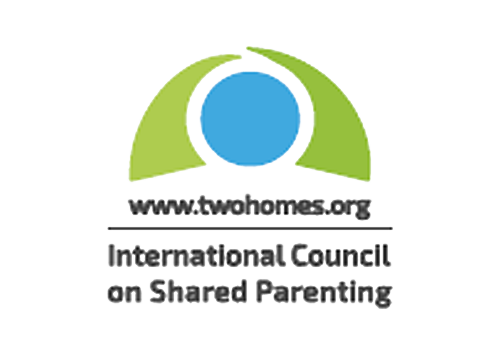
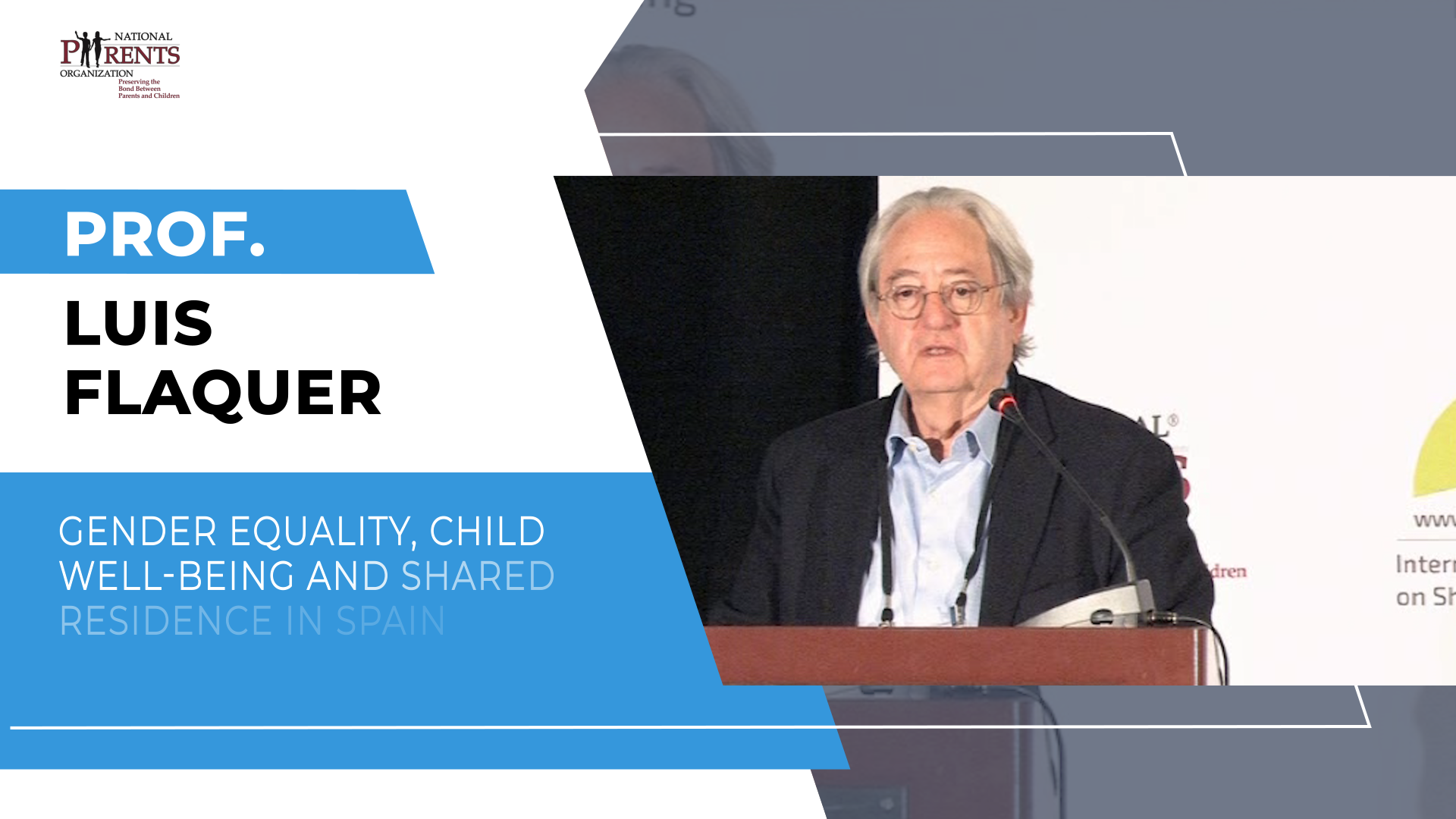
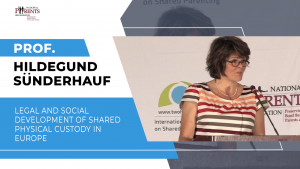
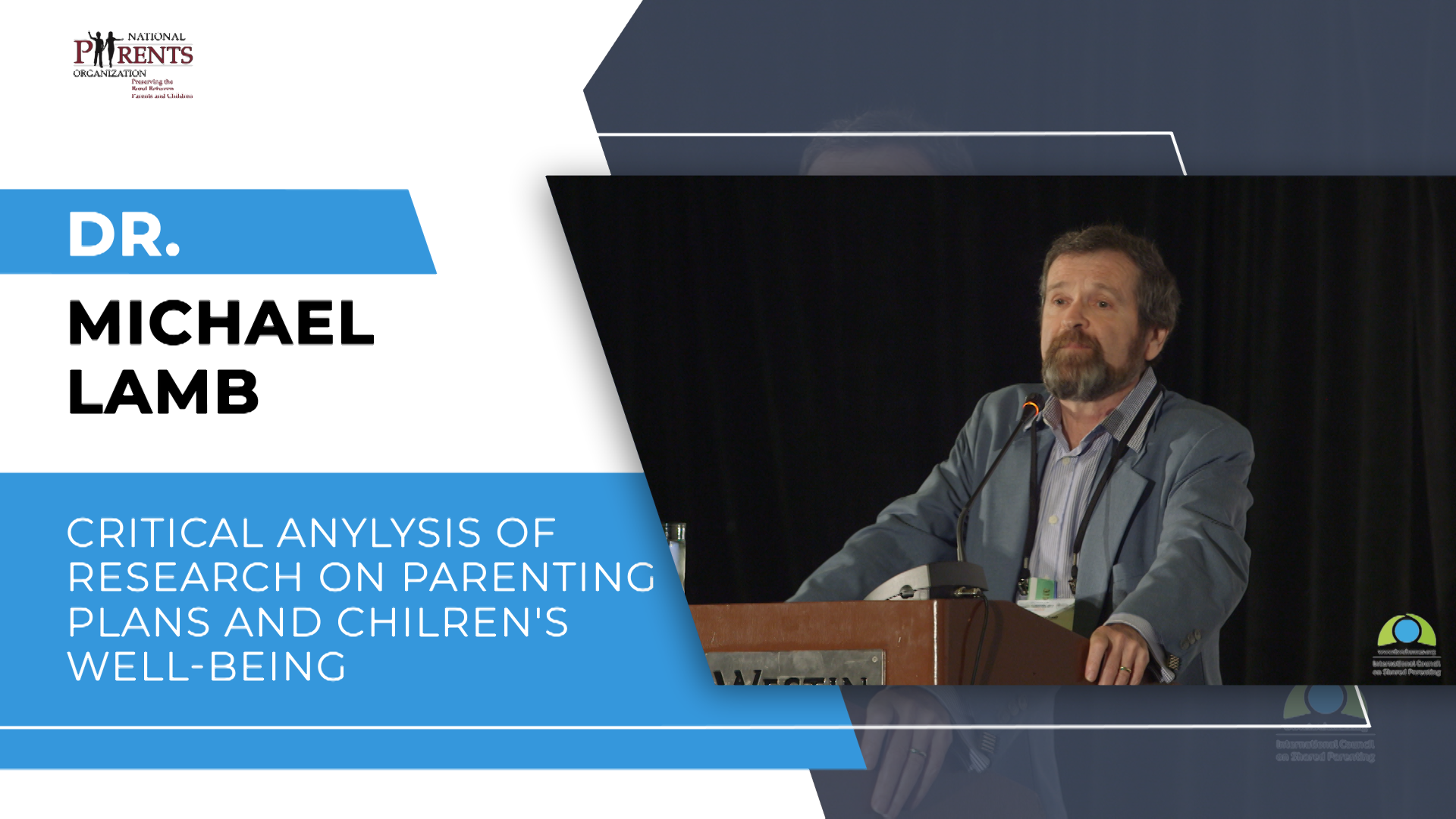
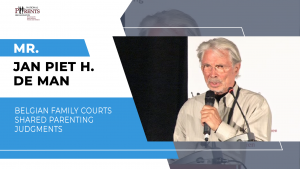
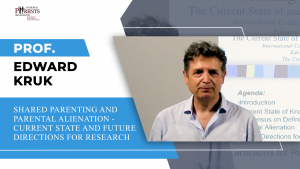

Reviews
There are no reviews yet.